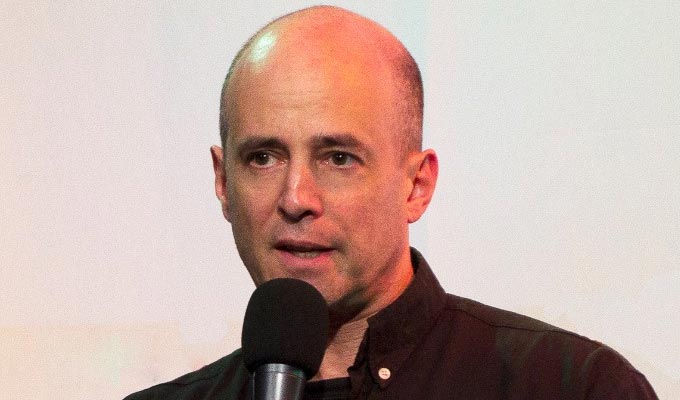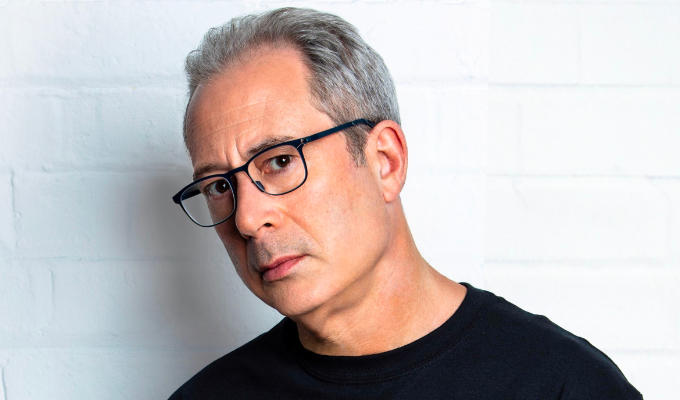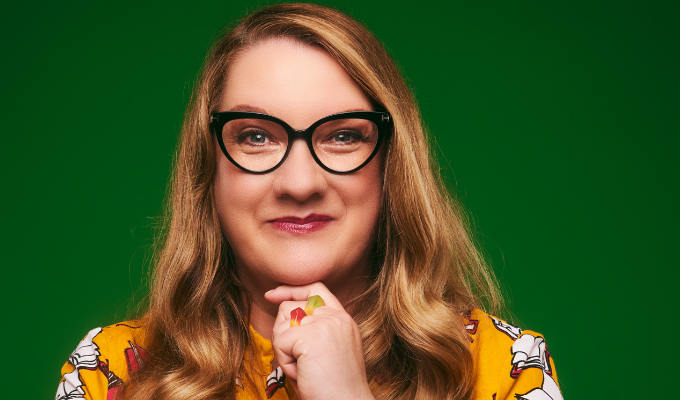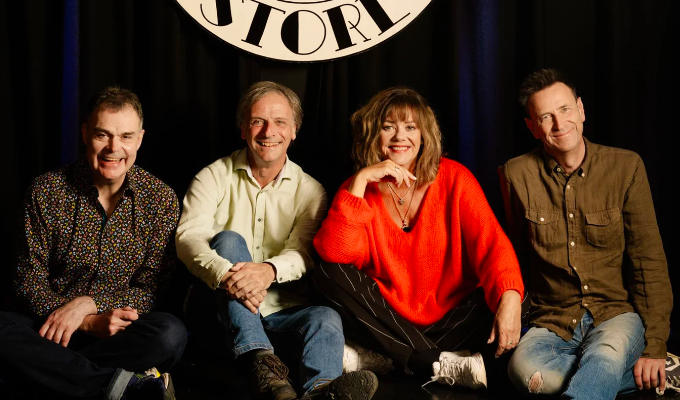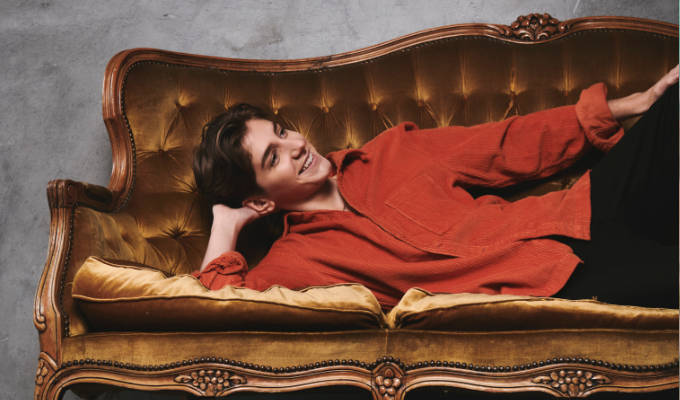
How I stopped bullying myself on stage and started loving comedy again
Comedy isn't therapy, says Hannah Platt, and it was damaging to think it was
It was like something from a sitcom. I’m in my therapist’s office, fretting about my comedy career, and she says it.
‘Let me watch a video’.
Without even questioning, I’ve pulled up an unlisted YouTube set on my phone, handed it to my therapist and I’m suddenly hearing my Northern drawl spit out from the tinny speakers.
I can’t even put this in a show, I’m thinking as I wince at the sound of my own voice. It’s way too cliche to have your therapist watch your stand-up, in front of you, in a session where you’ve worried about comedy. And she wants to see…if you actually should be worried?
Does she think maybe I’m delusional?
Does she think it’s good?
Why isn’t she laughing, for fuck’s sake?
The set ends. The audience on my phone applaud - the audience in my therapist’s office hands me back the phone and clears her throat.
‘Was it good?’ I ask. I’m Dee in It’s Always Sunny in Philadelphia.
‘It was good. It was funny.’ The way she says it makes it sound like a bad thing. ‘You’re just…not very nice’
I go to say wanky about my onstage persona being acerbic and harsh but she hasn’t finished.
‘…about yourself.’
Is that it? Is that the big insight? Of course I’m not nice about myself. Where’s the funny in being nice about yourself?
‘It’s just a joke,’ I mumble.
‘Is it?’
To be fair, I have talked a lot in therapy about how I’m not my own biggest fan. I can’t remember ever not being severely depressed, it just feels like a baseline, the norm. I’m doing a lot better in recent months, I’m in the most mentally stable place I’ve ever been - the perfect time to really push my luck and take my debut show to the Edinburgh Fringe.
Working on myself is uncomfortable, and I have to consciously do it every day, but I’m finally in a clearer place where that is possible. When it wasn’t, however, doing stand-up offered a bit of relief. It was something I had to be presentable for, it was something I had to show up and do, something I still cared about when everything else seemed pointless - and I cared about it so much it would make me wade through all the heaviness to go and do it.
And for that 20 minutes or however long, I got to be a little more like the person I wanted to be. I could control how I viewed it all - it’s not upsetting, it’s funny. I could talk about it and people would laugh in recognition - things I felt isolated and beat myself up for feeling, a room of people - strangers - are laughing out loud because they’ve felt that too. I was suddenly confident, unashamed and honest, and it let me take a little break from myself.
But it can’t be the only thing. You can’t put all your eggs in one basket, because if the basket breaks, you’re fucked.
Last year my mental health took a steep decline, and because it felt like stand-up was the only thing I had, if it wasn’t going well I took it as a personal failure. I’d put myself under insane pressure, panicking over random, made-up milestones, always believing things were, or more pointedly, weren’t happening for me because I, as a person, wasn’t good enough. Any setbacks hit harder than they used to, and I felt like I was ruining my favourite thing - it all fed back into the self-hate machine, because I was doing it to myself.
I’d become a Radiohead song.
I can look back at that now and know it’s because I was unwell, but it all seems very clear when you’re out of the fog. I’m glad I didn’t quit, because I love comedy - but I’d stopped doing comedy for me, for the enjoyment of writing and sharing it with people.
I’d started doing it for the imagined, paranoid gaze of everyone else, to meet the impossibly high expectations that no one had laid out for me but me, a bar I kept raising anytime I got close to it. It stopped being a life raft to help me and it started being a stick to beat myself with.
I remember reading an interview with John Cooper-Clarke where he says he feels bad for people who can only write when they’re depressed, and I gotta say, my jokes are a lot funnier now I feel almost on the other side of things.
Writing with a bit of distance seems to be the way - I’m talking about some negative stuff on stage, but I don’t feel that way right now. I can talk about them with authority and authenticity because it was real, it happened - but because it’s not ongoing I’m not ‘triggering myself’, I can see the ridiculous side, and I think audiences can tell if you’re still deep in it. No one wants to laugh at someone actively self harming - they want to laugh with someone who’s choosing to share some of their scars, and I don’t think I realised that when I was in the thick of it. I can only see now how I’ve progressed, it used to be a kind of funny, on-stage therapy, and now it’s a comedy performance.
My therapist’s concerns came from the negative way I talk about myself on stage. I used to absolutely believe the horrible things I said about myself - and yes, at the time, that was probably not the best thing for me to be repeating every night like it was a mantra to audiences and inviting them to agree.
But now because of the distance there’s a shell of protection - it’s not me, and yes - it is, genuinely, just a joke.
I’ve stopped trying to make my therapist laugh. That’s not what therapy is for - I definitely used to confuse the two. Plus her favourite show is The Big Bang Theory, and I can’t compete with that.
• Hannah Platt’s debut stand-up hour Defence Mechanism is at the Pleasance Courtyard at 8.10pm
Published: 1 Aug 2024

